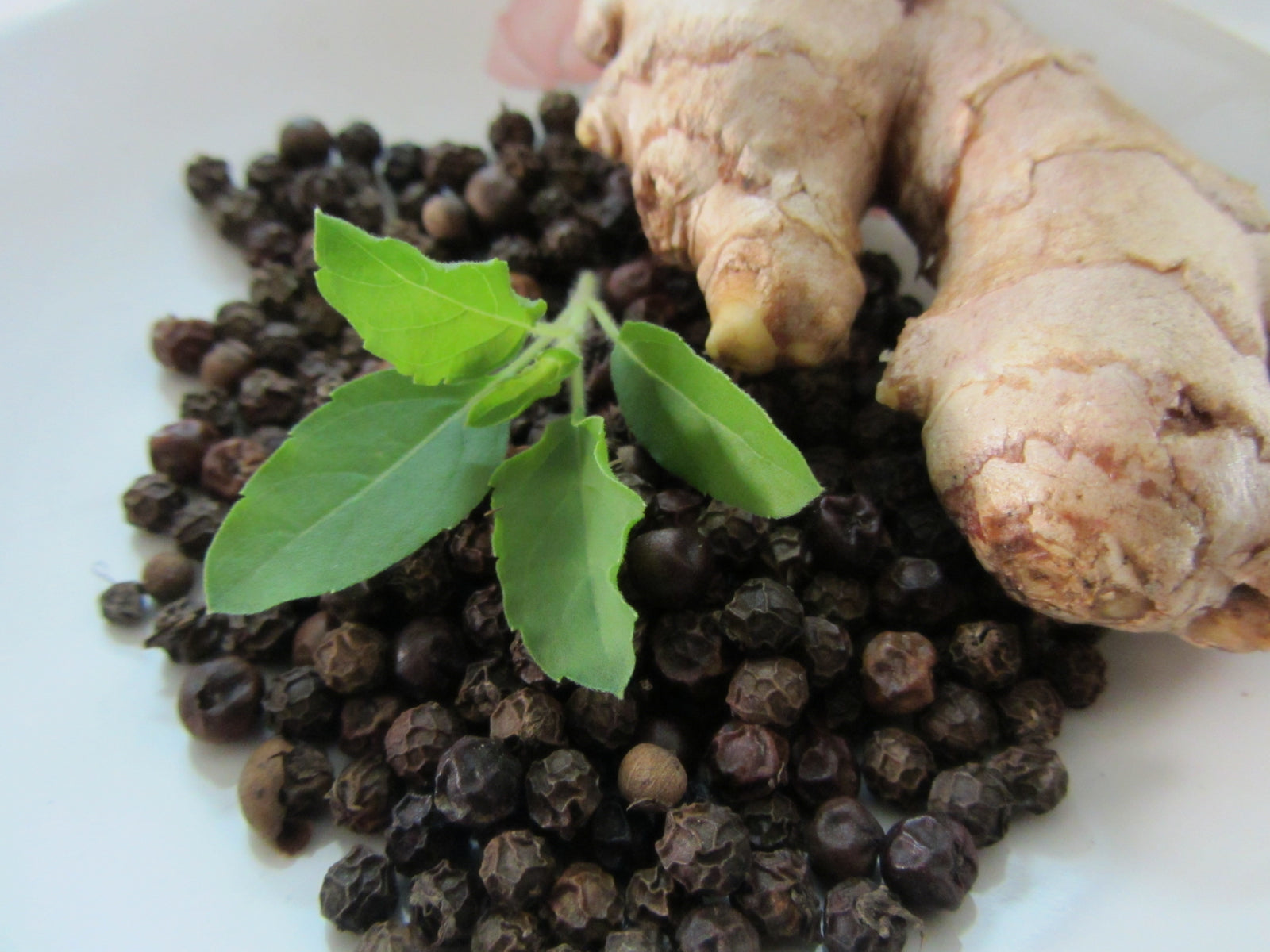4 Natural Ways to Reduce Stress and Anxiety | Trio Nutrition

The information in this article and throughout Trio Nutrition’s blog is for informational purposes only, and should never be mistaken for professional medical advice.
Millions of people in the US deal with stress, anxiety and related issues every day. With all the pressures in life, from work and family obligations to financial stress and world events, there’s no way to escape it. But while the stressors can’t necessarily be controlled, there are things we can do to reduce the negative impact they have in our lives.
So, how do you reduce stress and anxiety naturally? Let’s talk about it!*
Ashwagandha
Ashwagandha is an herb that is commonly used in Ayurveda, a historic medicinal practice that originated in India. It’s been used over the course of history for a number of ailments, but recent research shows its potential to help reduce stress and anxiety. Classified as an adaptogen, ashwagandha may help the body better cope with stress. For example, studies have suggested that it may reduce perceived stress and levels of the stress hormone cortisol.
5-HTP
5-hydroxytryptophan (5-HTP) is a chemical our bodies make from tryptophan, which is an amino acid. After tryptophan is converted into 5-HTP, the chemical is further converted into serotonin, the "happy chemical." When you take 5-HTP, it may raise your serotonin levels, which may be beneficial in several ways. For instance, 5-HTP supplements may have a positive effect on sleep, mood and feelings of anxiety. It has also been linked to possibly reducing pain.
St. John’s Wort
St. John’s Wort is a flowering plant that has long been used for its reported calming effects. Studies have supported this idea by showing it may help with mild depression. It may also help combat menopausal symptoms. It’s important to talk with a healthcare provider before taking St. John’s Wort because it can interfere with some medications including birth control, antidepressants, statins and anticoagulant medicines.
Gamma-Aminobutyric Acid (GABA)
Gamma-aminobutyric acid, often simply called GABA, is a neurotransmitter that blocks impulses between the brain and nerve cells. Research has indicated the possibility of a link between low levels of GABA and low moods, along with a number of other potential correlations. Some studies have suggested that boosting levels of GABA may help reduce anxiety, promote a sense of calm and improve sleep. It can be taken as a supplement and is also found in a variety of common vegetables such as raw spinach, kale, sweet potato and broccoli.
Additional Tips for Dealing With Stress and Anxiety
Stress doesn’t come from one area in life, so it makes sense to deal with it from multiple angles as well. For starters, instead of taking individual ingredients that may help with stress and anxiety, consider taking a supplement that combines multiple beneficial ingredients. Next, combine supplementation with alternative tactics for coping with stressors, such as:
- Move: Find an enjoyable form of exercise. It doesn’t have to be strenuous; it just has to be something you look forward to. Walking, yoga and dancing are all great physical outlets.
- Explore: Pick up a new hobby, something you have never tried before. This gives you something new to focus on and can help you get out of a mental rut.
- Journal: Write down your feelings in a journal. This can be a beneficial way to deal with negative feelings and stress. Consider including something you are happy about or grateful for to provide a little perspective.
- Laugh: Watch something funny! It might seem silly, but laughter really does have a positive impact on our mood and ability to cope with stress.
There’s no cure-all for stress and anxiety, but there are some potential tools you can use to feel better. If you are currently dealing with serious anxiety or find that stress is preventing you from functioning, it’s important to talk with a healthcare professional. Those hoping to find new ways to cope with everyday challenges may benefit from a natural approach through supplementation, physical movement and trying new activities. Just stick with it and remember, it may not turn around overnight, but your well-being is worth the effort!
*The information in this article and throughout Trio Nutrition’s blog is for informational purposes only, and should never be mistaken for professional medical advice.

Leave a comment